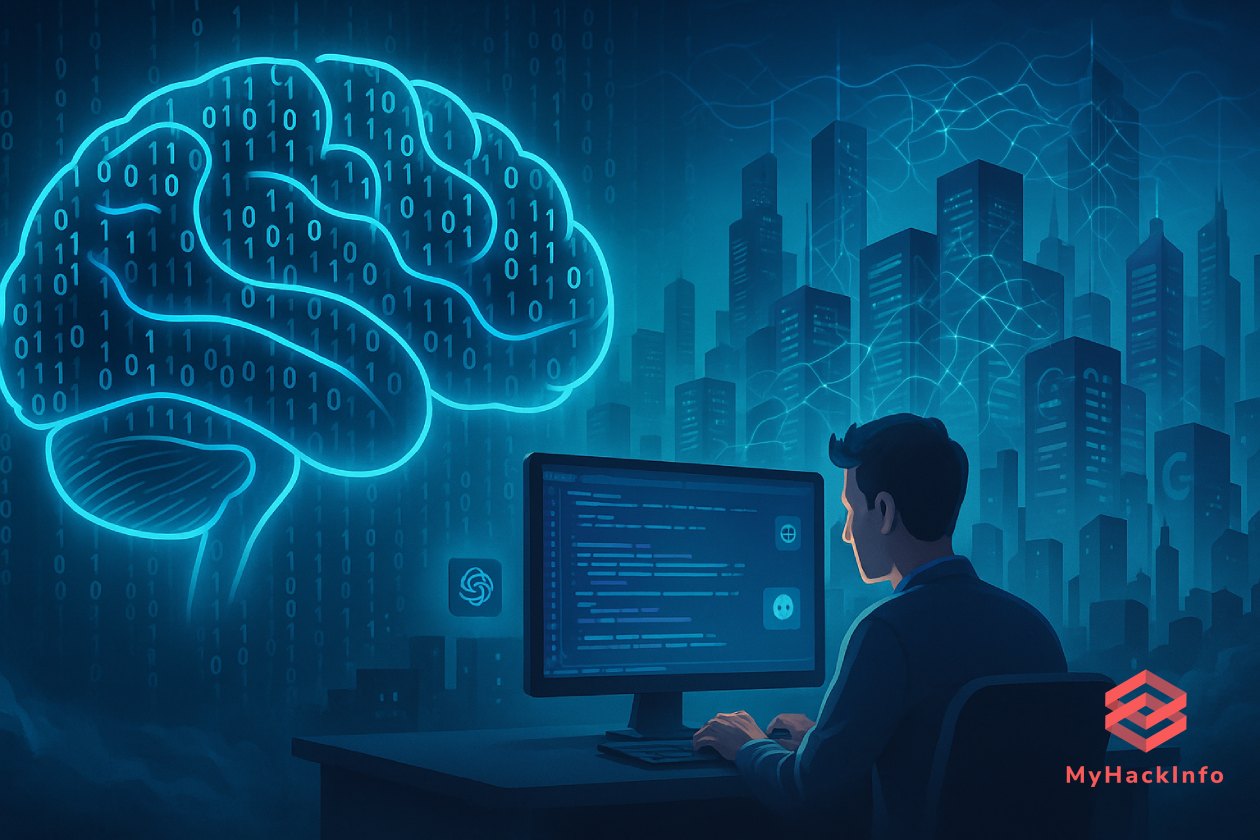The question of whether AI will replace programmers is a recurring theme in the tech world. While AI is undeniably transforming software development, the reality is more nuanced than a simple replacement. This post delves into the capabilities of AI in coding, examines the evolving role of programmers, and explores the future landscape of software development.
AI’s Current Capabilities in Coding
AI tools are already making significant inroads into various aspects of software development. These tools leverage machine learning to automate repetitive tasks, assist with code generation, and improve code quality. Understanding the current capabilities of AI in coding is crucial to assessing its potential impact on the programming profession.
Code Generation and Autocompletion:
AI-powered code generation tools like GitHub Copilot and Tabnine can suggest code snippets and even entire functions based on context. These tools analyze existing code patterns and use machine learning to predict the developer’s intent, significantly speeding up the coding process.
// Example: GitHub Copilot suggesting code for a React component
function MyComponent() {
return (
{/* Copilot suggests the following: */}
<h1>Hello, world!</h1>
);
}
Code Review and Bug Detection:
AI can automate code reviews by identifying potential bugs, security vulnerabilities, and style violations. Tools like DeepSource and SonarQube use static analysis and machine learning to analyze code and provide feedback, helping developers catch errors early in the development cycle.
Automated Testing:
AI is being used to generate test cases and automate the testing process. These tools can analyze code and automatically create test suites to ensure that the software functions correctly. This can save developers significant time and effort, while also improving the quality of the software.
The Evolving Role of Programmers
While AI can automate certain coding tasks, it’s unlikely to completely replace programmers in the foreseeable future. Instead, the role of programmers is evolving, requiring them to focus on higher-level tasks that require creativity, critical thinking, and domain expertise.
Focus on Problem Solving and Design:
As AI handles more of the routine coding, programmers will increasingly focus on defining problems, designing software architecture, and collaborating with stakeholders. This requires a deeper understanding of business needs and the ability to translate those needs into technical solutions.
Emphasis on Creativity and Innovation:
AI can assist with code generation, but it cannot replace human creativity and innovation. Programmers will need to focus on developing new algorithms, designing user interfaces, and finding innovative ways to solve complex problems. This requires a strong understanding of computer science principles and the ability to think outside the box.
Importance of Domain Expertise:
AI tools are generally trained on large datasets of existing code. However, they often lack the domain expertise needed to understand the specific nuances of different industries and applications. Programmers with strong domain expertise will be in high demand to ensure that AI-generated code is accurate, relevant, and aligned with business goals.
Limitations of AI in Coding
Despite its advancements, AI still has limitations in coding. These limitations highlight the areas where human programmers continue to be essential.
Lack of General Intelligence:
AI lacks the general intelligence and common sense reasoning that humans possess. It can perform specific tasks well, but it struggles with unfamiliar situations or problems that require creative problem-solving. This means that AI cannot replace programmers who can adapt to changing requirements and think critically about complex issues.
Difficulty with Abstract Thinking:
AI has difficulty with abstract thinking and understanding high-level concepts. It can generate code based on existing patterns, but it cannot understand the underlying principles or design new architectures. This means that AI cannot replace programmers who can design complex systems and make strategic decisions about software development.
Ethical Considerations:
AI raises ethical concerns related to bias, fairness, and transparency. AI models can perpetuate existing biases in data, leading to unfair or discriminatory outcomes. Programmers are needed to ensure that AI systems are developed and used ethically, and that they are aligned with human values.
The Future of Coding
The future of coding is likely to be a collaborative one, with AI and programmers working together to create software. This requires programmers to adapt to new tools and technologies, and to develop new skills that complement AI’s capabilities.
AI as a Coding Assistant:
AI will increasingly be used as a coding assistant, helping programmers automate repetitive tasks, generate code snippets, and improve code quality. This will free up programmers to focus on higher-level tasks that require creativity, critical thinking, and domain expertise.
Low-Code and No-Code Platforms:
Low-code and no-code platforms are becoming increasingly popular, allowing non-programmers to create simple applications without writing code. While these platforms can be useful for certain applications, they are unlikely to replace the need for skilled programmers who can develop complex and customized software.
Continuous Learning and Adaptation:
The field of software development is constantly evolving, and programmers need to continuously learn and adapt to new technologies. This includes staying up-to-date on the latest AI tools and techniques, and developing new skills that complement AI’s capabilities.
Conclusion
While AI will undoubtedly transform the software development landscape, it is unlikely to completely replace programmers. Instead, the role of programmers is evolving, requiring them to focus on higher-level tasks that require creativity, critical thinking, and domain expertise. By embracing AI as a coding assistant and continuously learning and adapting, programmers can thrive in the future of coding.
Further Reading:
FAQ
1. What skills will be most important for programmers in the age of AI?
Problem-solving, critical thinking, creativity, domain expertise, and the ability to adapt to new technologies will be crucial.
2. Will AI eliminate entry-level programming jobs?
AI may automate some entry-level tasks, but it will also create new opportunities for programmers who can work with AI tools and technologies.
3. How can programmers prepare for the future of coding?
Focus on developing strong problem-solving skills, learning about AI tools and techniques, and staying up-to-date on the latest industry trends.

